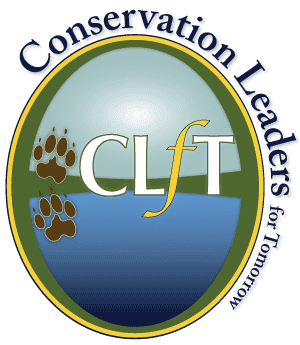CLfT Ends Another Year of Hunting & Conservation Awareness by Expanding West
OutdoorHub 03.06.14

The Max McGraw Wildlife Foundation announced Wednesday that on Friday February 28th, 2014 the Conservation Leaders for Tomorrow (CLfT) program completed their 12th workshop, marking their 69th workshop that have provided 1100 total participants professional development and hunting awareness training.
During the 2013-2014 season, CLfT workshops were conducted in Vermont, Kansas, Georgia, Illinois, Texas, Arkansas and most recently Colorado at their newest host facility at the High Lonesome Ranch.
CLfT is a hunting awareness and conservation education program founded in partnership by the Max McGraw Wildlife Foundation (MMWF) and the Wildlife Management Institute (WMI). CLfT leads an effort to identify select wildlife professionals who do not hunt and provide them with an understanding about the varied roles and scope of hunting as it relates to conservation.
In September of 2013, the Rocky Mountain Elk Foundation formed a partnership with the MMWF to further expand CLFT in the Western US. “RMEF’s core message of Hunting is Conservation gets to the very foundation of CLfT’s educational approach and forms the basis for our newly launched joint effort” said Blake Henning, RMEF’s vice president of Lands and Conservation.
The goal of CLfT is not to recruit or train participants to be hunters. Instead, it is to provide participants with insights and knowledge into why hunting is important from biological, social, cultural, economic and recreational standpoints. “The goal of CLfT is very clear,” says Zachary Lowe, director of CLfT. “We want to identify the current and future leadership of our wildlife resources who do not hunt and provide them with a safe, career-relevant opportunity to learn and experience what hunting is, who hunters are, and how this all directly benefits wildlife and the future of conservation.”
In return, CLfT Workshop participants have the opportunity to advance their careers, identify better with the hunting constituency, and reinforce the core mission of their state and federal agencies. “CLfT plays a vital role in the future of hunting recruitment and retention”, says David Windsor, national coordinator for CLfT. “Not because we create a new hunter, but because we work to ensure that agencies and wildlife professionals of the future have a well-developed understanding of hunters and hunting which continues to power wildlife conservation.”
To find out more about CLfT please visit www.clft.org.

